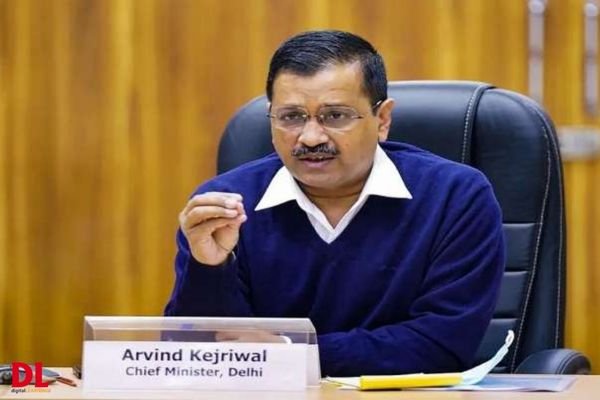The tribal areas of Tripura witnessed significant disruption in train services and vehicular movement on Monday due to an “indefinite” rail-road blockade organized by student bodies protesting the Kokborok script issue. The Tipra Indigenous Students’ Federation (TISF), the student wing of Tipra Motha, declared the blockade to demand that students be allowed to write their Kokborok language papers in Roman script for the upcoming class 10 and 12 state board examinations. Supported by the Twipra Students’ Federation, the movement highlighted the demand for recognition of Kokborok, an indigenous language spoken by nearly 24% of Tripura’s population, without a script.
Currently, students write Kokborok language papers in the Bengali script. However, the TBSE has insisted that examinees must use the Bengali script in the exams next month, citing difficulties in evaluating answer papers written in the Roman script. Consequently, rail tracks, national highways, and state highways in tribal regions faced blockades, impacting movement in West Tripura district. Despite this, normal life in Agartala Municipal Corporation areas remained largely unaffected.
Fortunately, the agitation remained peaceful, with no untoward incidents reported. However, the protests led to the suspension of all undergraduate and postgraduate examinations scheduled at Tripura Central University from Monday onwards. Amidst the protests, Tipra Motha leader Pradyot Kishore Manikya Debbarma assured supporters that talks were ongoing at the “highest level” in Delhi to address the script issue. Urging calmness, Debbarma emphasized the importance of avoiding violence, which could tarnish their cause.
The Kokborok script issue has sparked widespread concern among tribal communities in Tripura, prompting students to take to the streets in protest. Their demand for the option to write Kokborok papers in the Roman script reflects a deeper struggle for linguistic recognition and cultural preservation. As indigenous languages face the threat of marginalization, initiatives to promote their use and visibility are essential for preserving cultural diversity and promoting inclusivity.
In light of the ongoing agitation and the assurances from Delhi, stakeholders hope for a resolution that addresses the concerns of students while respecting the linguistic diversity of Tripura. It is imperative for authorities to engage in constructive dialogue with student representatives to find a mutually acceptable solution that upholds the rights and identities of indigenous communities. As the situation unfolds, maintaining peace and fostering understanding will be crucial for achieving a positive outcome and advancing the cause of linguistic and cultural rights in Tripura.














